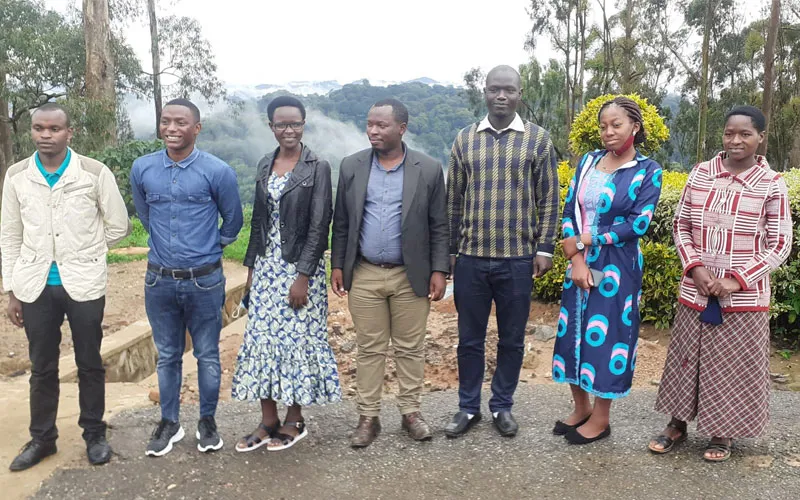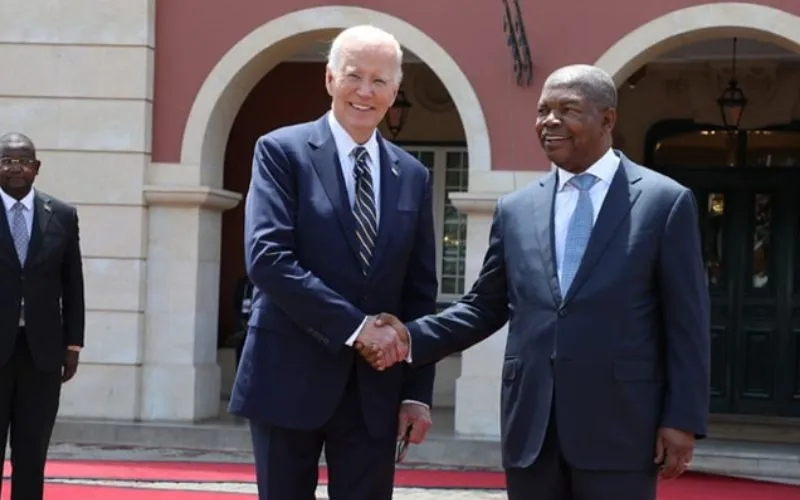Kigali, 14 July, 2022 / 3:36 pm (ACI Africa).
The overseas development agency of the Catholic Bishops of Ireland, Trócaire, is facilitating further studies for half a dozen youth in Rwanda in view of having them take part in the protection of the country’s biodiversity.
In a Thursday, July 13 report, Trócaire officials detail the selection of the six youth from “around Nyungwe National Park” in the Southwestern region of the country through a competition in which candidates presented their respective biodiversity initiatives.
“Six young men and women have been selected as Trócaire’s ‘Conservation Champions’ to obtain their advanced diploma in wildlife and tourism, to continue to protect Rwanda’s biodiversity,” Trocaire leadership says.
The officials explain, “Three students will study a three-year program to get an advanced diploma in Nature Conservation, and three will study for a diploma in Tourism and Travel Management at Rwanda Polytechnic University.”
The officials of the Catholic entity say that the selection competition was organized by Trócaire, Biodiversity Conservation Organization (BIOCOOR), and IPRC Kitabi, the former Kitabi College of Conservation and Environmental Management (KCCEM).








